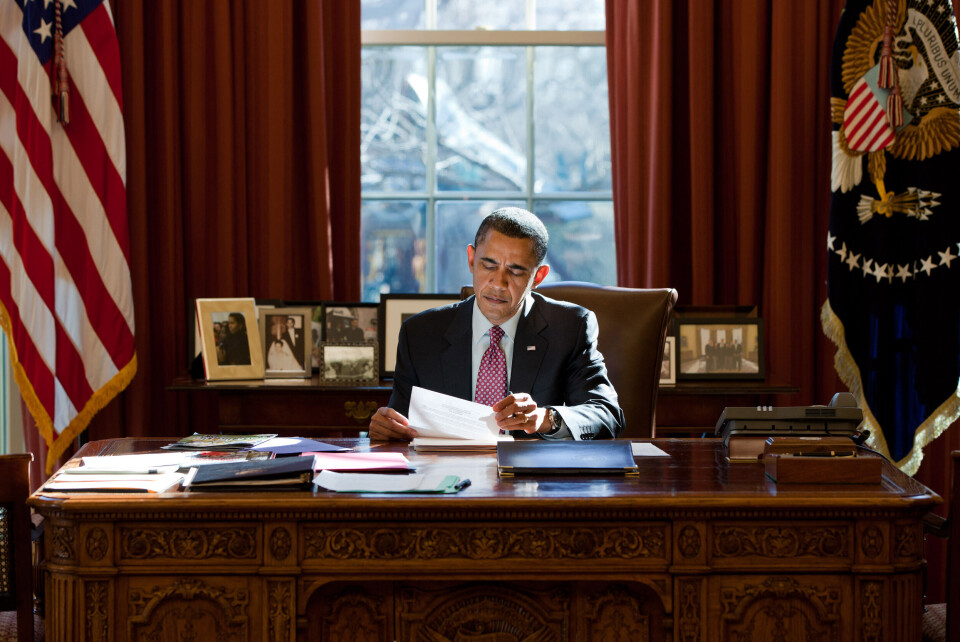
The US has sanctioned Russia over election hacking
IDG NEWS SERVICE: A newly declassified report includes technical details of the attack.
The U.S. government has sanctioned Russia's main two intelligence agencies, four military intelligence officers and is kicking out 35 Russian diplomats over what it says was aggressive harassment of U.S. officials and cyber operations around the 2016 presidential election.
The move follows up on a pledge made by President Obama to retaliate against Russia for hacks of the Democratic National Committee and other political targets.
The U.S. also released a detailed assessment by the Federal Bureau of Investigation (FBI) and Department of Homeland Security (DHS) of the cyber attacks.
It includes newly declassified details of how the hack took place and lists signatures for malware used by the hackers. It also includes a list of IP addresses associated with the hackers, who have also targeted think tanks, universities and corporations around the world.
"Network defenders can use this information to identify and block Russian malware, forcing the Russian intelligence services to re-engineer their malware," the government said in a statement.
The list of IP addresses includes compromised computers in numerous countries including several in the U.S.
"All Americans should be alarmed by Russia’s actions," President Obama said in a statement. "In October, my Administration publicized our assessment that Russia took actions intended to interfere with the U.S. election process. These data theft and disclosure activities could only have been directed by the highest levels of the Russian government."
The sanctions against the Russian military intelligence agency, the GRU, and the federal security service, the FSU, are being carried out under a newly expanded Executive Order 13964.
When it was originally issued in April 2015, the order gave the president the ability to retaliate for hacking of critical infrastructure, major denial of service attacks or large scale economic hacking. But election-related systems were not included.
So, President Obama amended the order to also target incidents that "tamper with, alter, or cause a misappropriation of information with the purpose or effect of interfering with or undermining election processes or institutions."
Thursday's actions won't be the last against Russia, Obama pledged.
"These actions are not the sum total of our response to Russia’s aggressive activities," he said. "We will continue to take a variety of actions at a time and place of our choosing, some of which will not be publicized."
But the time for retaliation might be limited.
President-elect Donald Trump, who takes over on January 20, has voiced skepticism on U.S. intelligence agency findings that Russia was responsible for the hacks. On Wednesday evening, when asked about sanctions, he told reporters "I think we ought to get on with our lives."






















